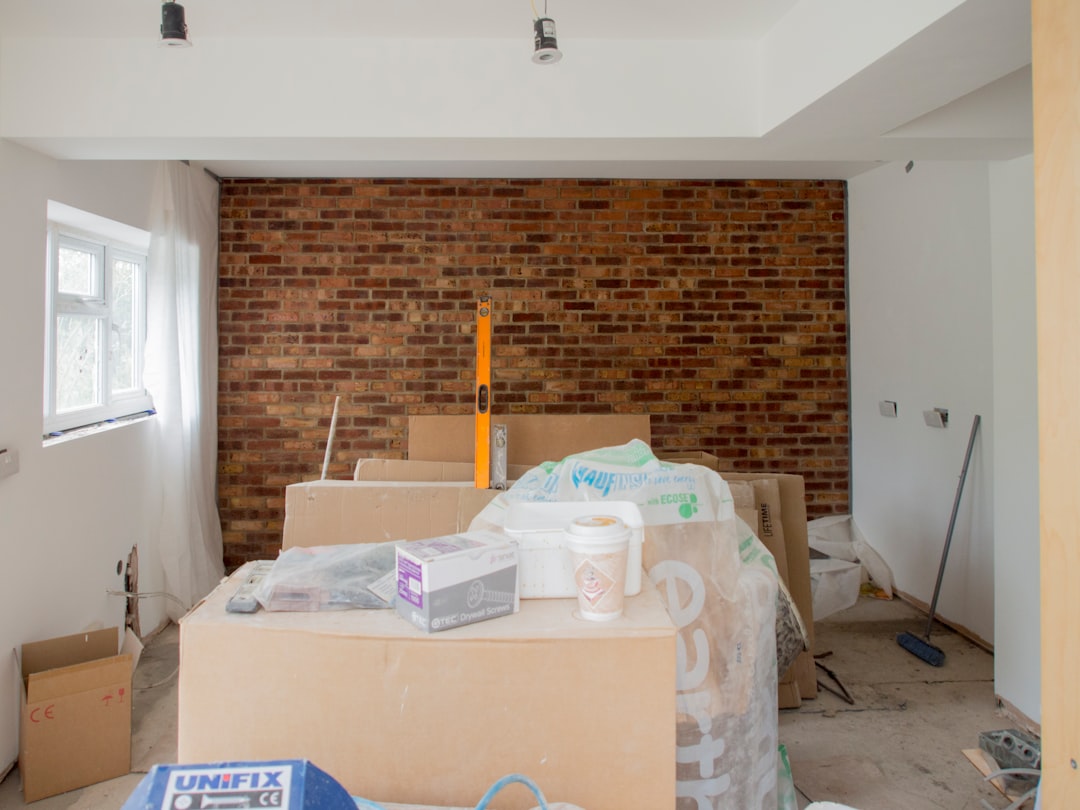
For construction professionals, understanding the costs associated with wallpaper removal is crucial. The average price to remove wallpaper can vary significantly based on several factors. Typically, costs range from $0.60 to $3.00 per square foot for straightforward removal. For more complex projects, such as those with high ceilings or multiple layers, prices can increase to $1.50 to $3.00 per square foot. This guide will help you navigate these costs and plan your projects effectively.
Based on industry data, the cost for wallpaper removal typically falls between $0.60 and $3.00 per square foot. Complex projects may see costs rise to $1.50 to $3.00 per square foot. Whole-house projects often benefit from economies of scale, reducing the per-square-foot cost.
Labor
Labor costs can account for up to 70% of the total. Skilled technicians use specialized tools to ensure efficient removal without damaging walls.
Materials & Supplies
Materials typically represent 10-15% of the total cost.
Surface Repairs
Repairs can add $0.60 to $1.00 per square foot, depending on the condition of the walls.
In Dayton, costs average $1.65 per square foot for single-layer removal. Vinyl coverings can increase this to $2.90 per square foot.
Professional removal is recommended for historic plaster, walls with lead paint, or tight timelines.
After removal, consider options like paint or new wallpaper. CountBricks can help you plan the next steps efficiently.
For accurate estimates tailored to your project, explore CountBricks for precise, data-driven planning.

A Dayton contractor used CountBricks for a 2,000 sq ft home with floral vinyl wallpaper. The platform calculated 6,480 sq ft of wallpapered surface, pricing removal at $11,268, including repairs and debris haul-off. The homeowner signed immediately, reducing the sales cycle by a week.
After removal, the project was cloned into a painting estimate. The homeowner chose a low-VOC finish, completed in three days with no change orders.
For precision in your projects, explore CountBricks for efficient, accurate estimating.